“[Design] a tailor-made chair that you don’t want to hide in your office, but deserves a place in the middle of your living room.”
Chances are that you, the reader, have been working from home during this pandemic. Working from home has been more common than ever before and is predicted to stay. However, chairs have not adapted yet: office chairs are complicated and bulky products. They are designed to be adjustable to multiple users, but are not the best solution for working in a nicely styled living room. This design project aims to develop a stylish chair that fits the home working environment while offering a personal, comfortable fit.
This design process is driven by the opportunities and limitations of digital manufacturing. The benefits of 3D printing seem promising, but can be time consuming and costly. This project focuses on realistically applying the manufacturing techniques for this scenario and for the start-up client. During an extensive ideation process, it was explored how to manufacture the seat by printing, how to add comfort, how to make it sturdy, stylish, and most importantly: how to do this in a manner that can be adjusted to the dimensions of the user.
This resulted in Coopi, a chair design that combines the strengths of robotic 3D printing with the benefits of a manual upholstery and assembly process. This, to avoid long and expensive printing times. Coopi is designed to showcase a bold, open and trendy character that fits in modern home workspaces while visually communicating the combination of manufacturing processes.
Finally, a 1:1 prototype was built in order to validate the concept.
Type
MSc. graduation project of Integrated Product Design at Delft University of Technology
Load
20 weeks (100 days)
Client
Zon&Hoofd
Focus
Digital manufacturing, manufacturing and assembly, styling
Deliverables
3D model, physical prototype, report

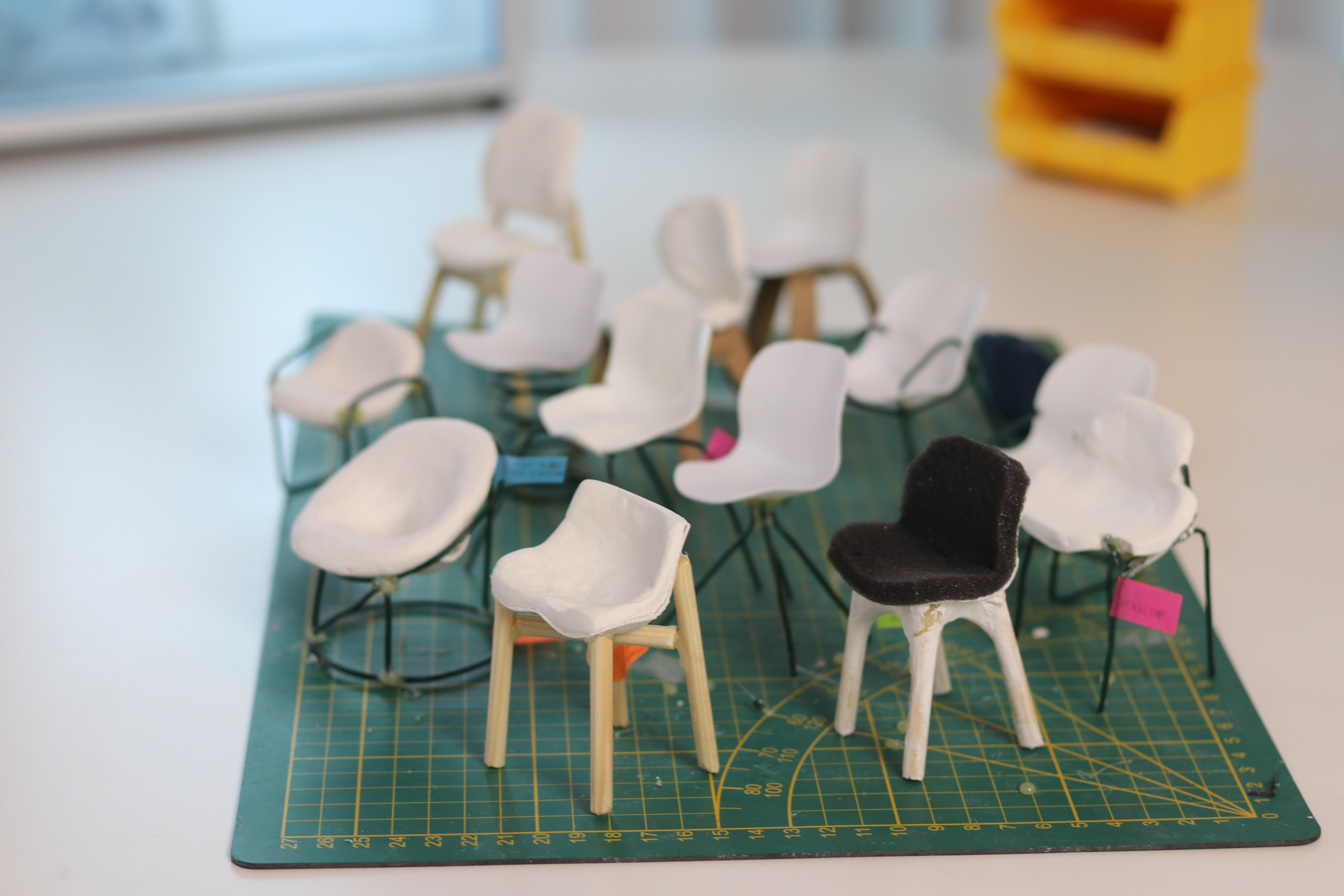



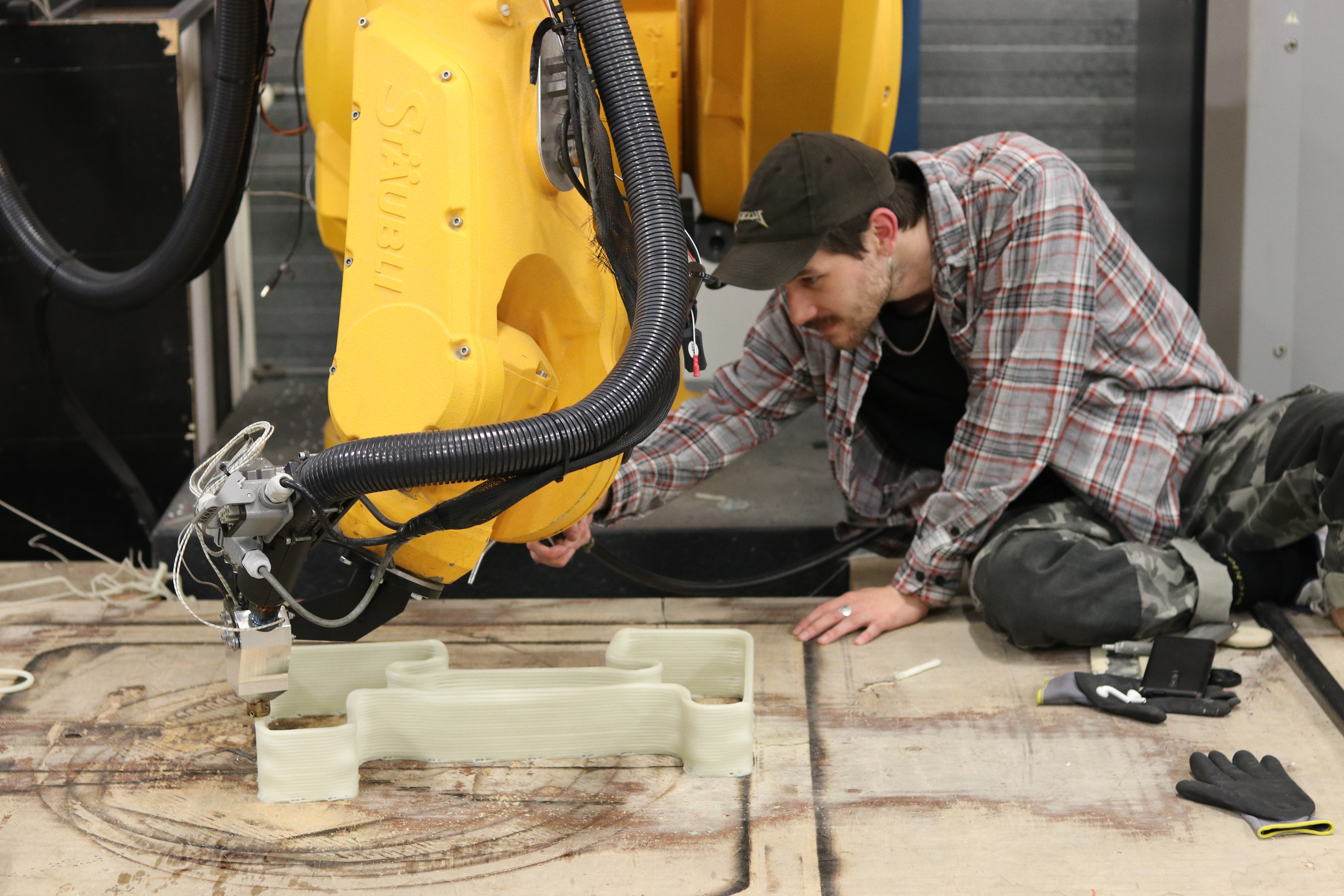
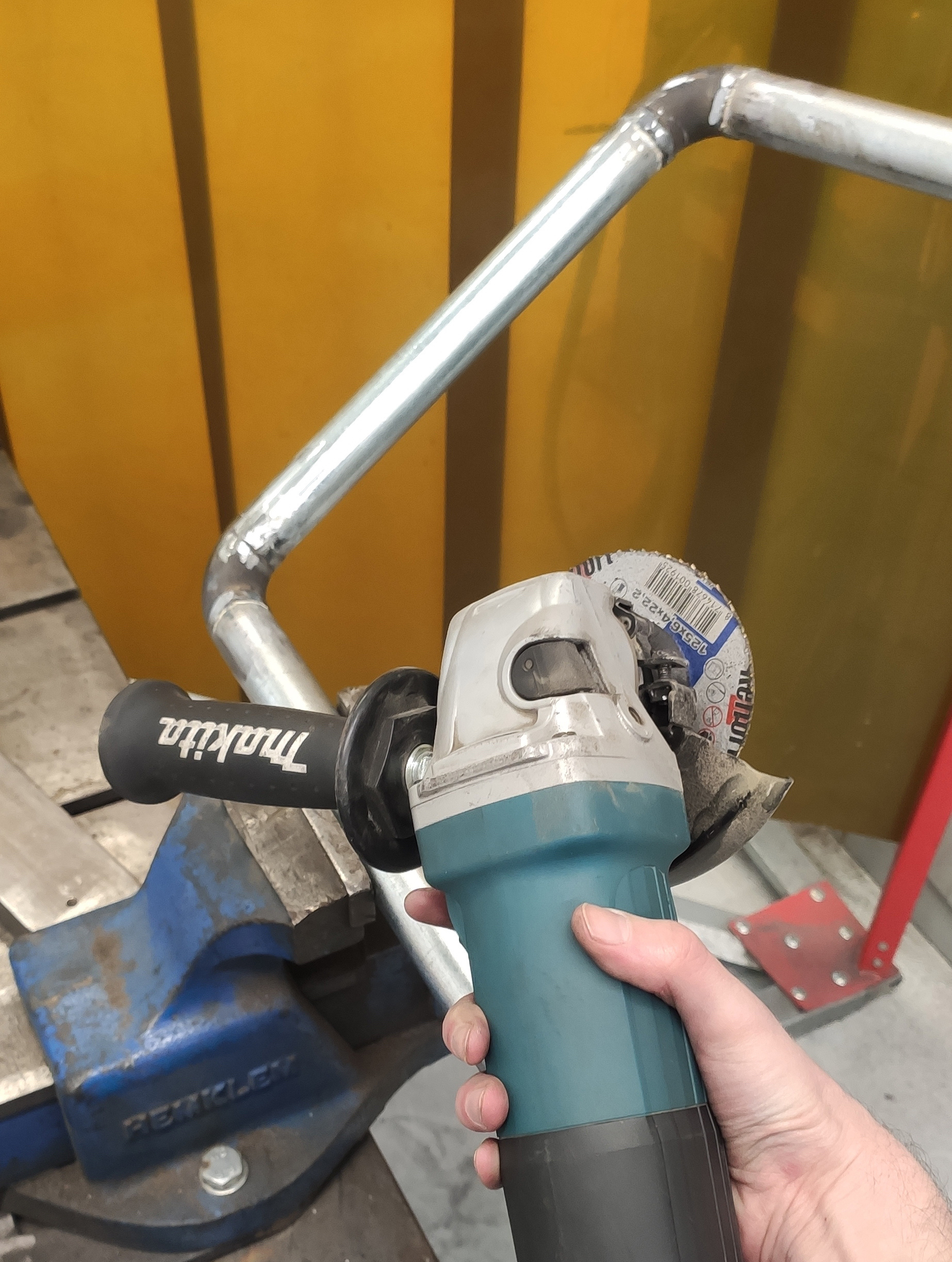
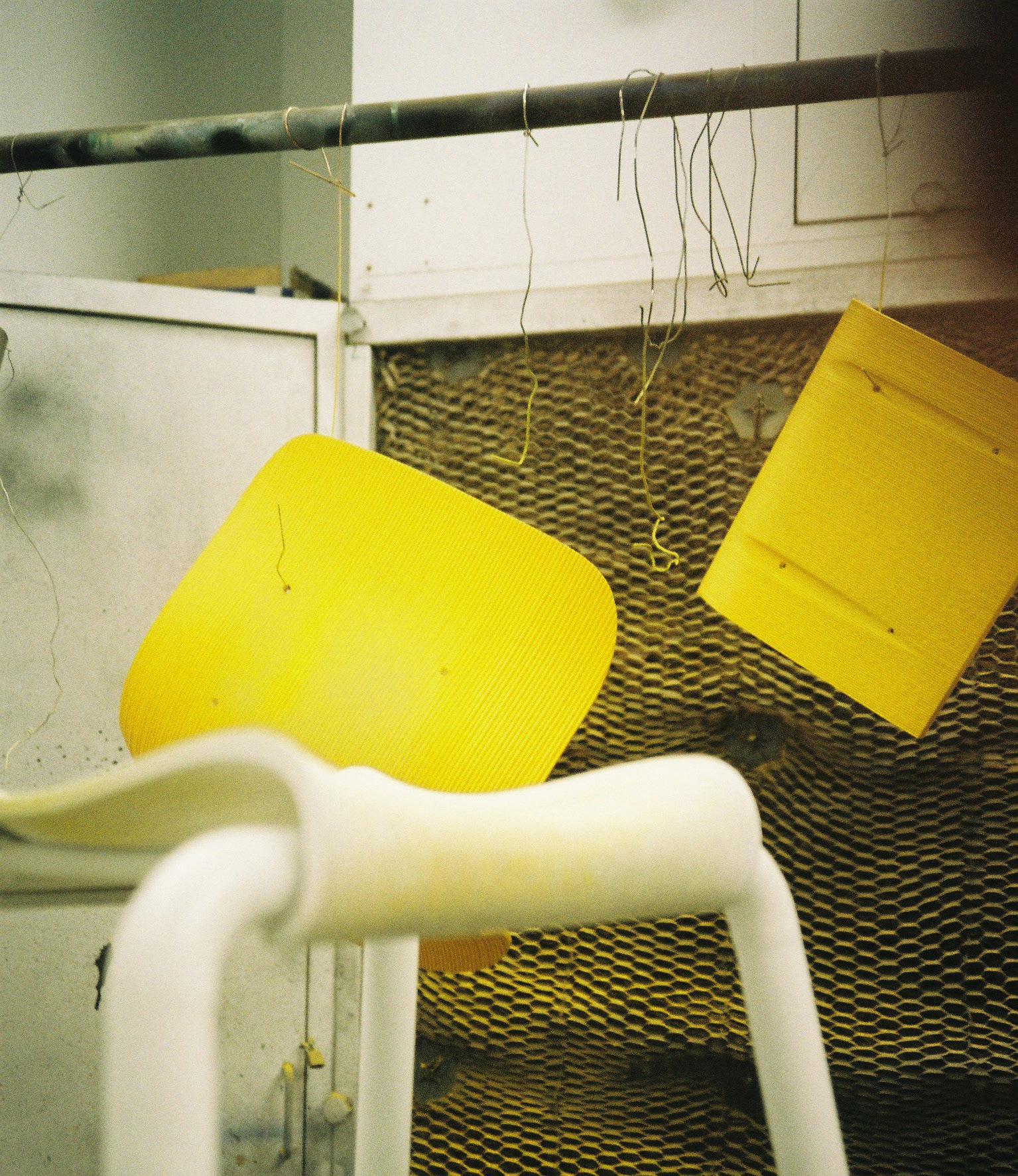
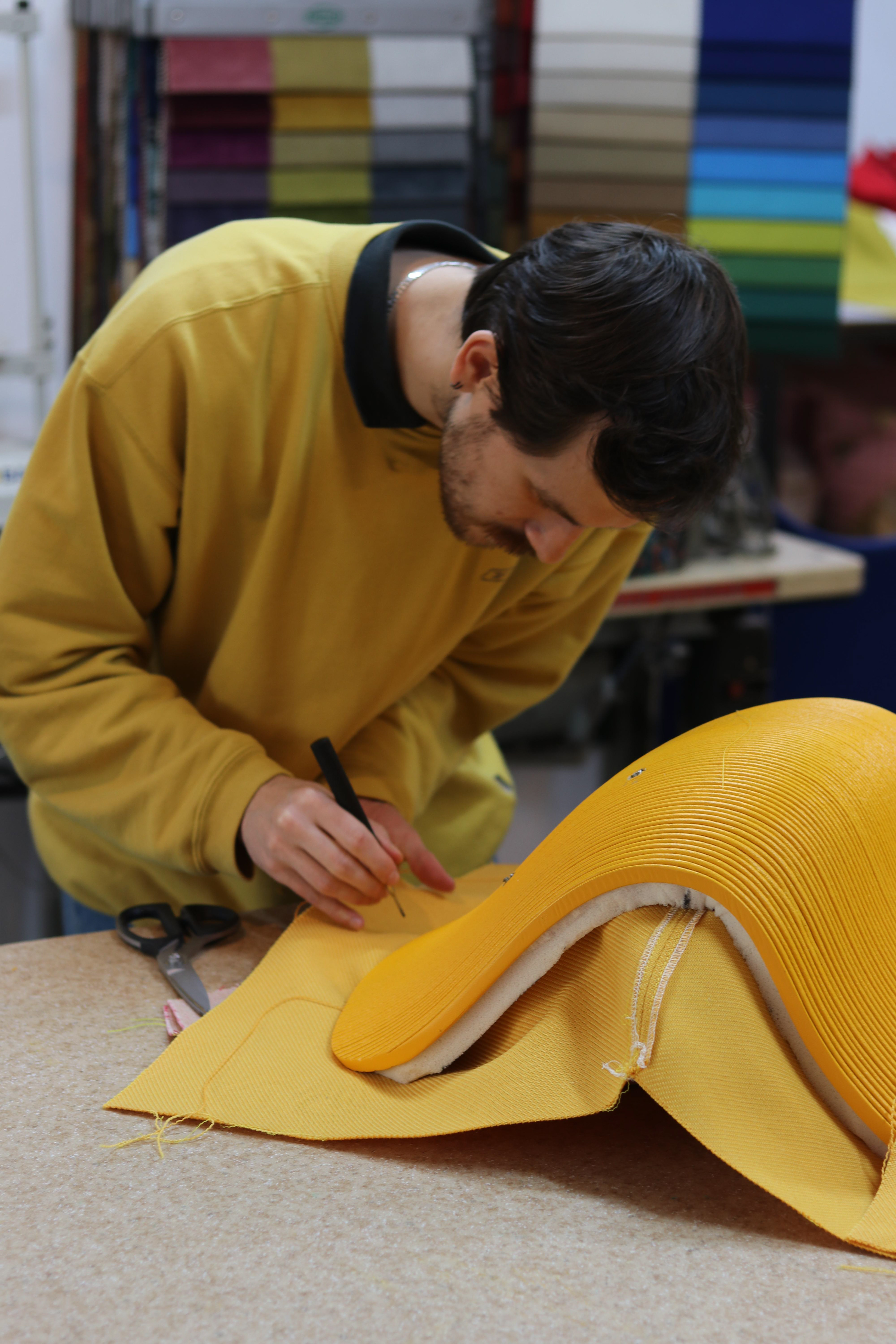
Acknowledgements:
Coopi logo design by: MarkMyWork